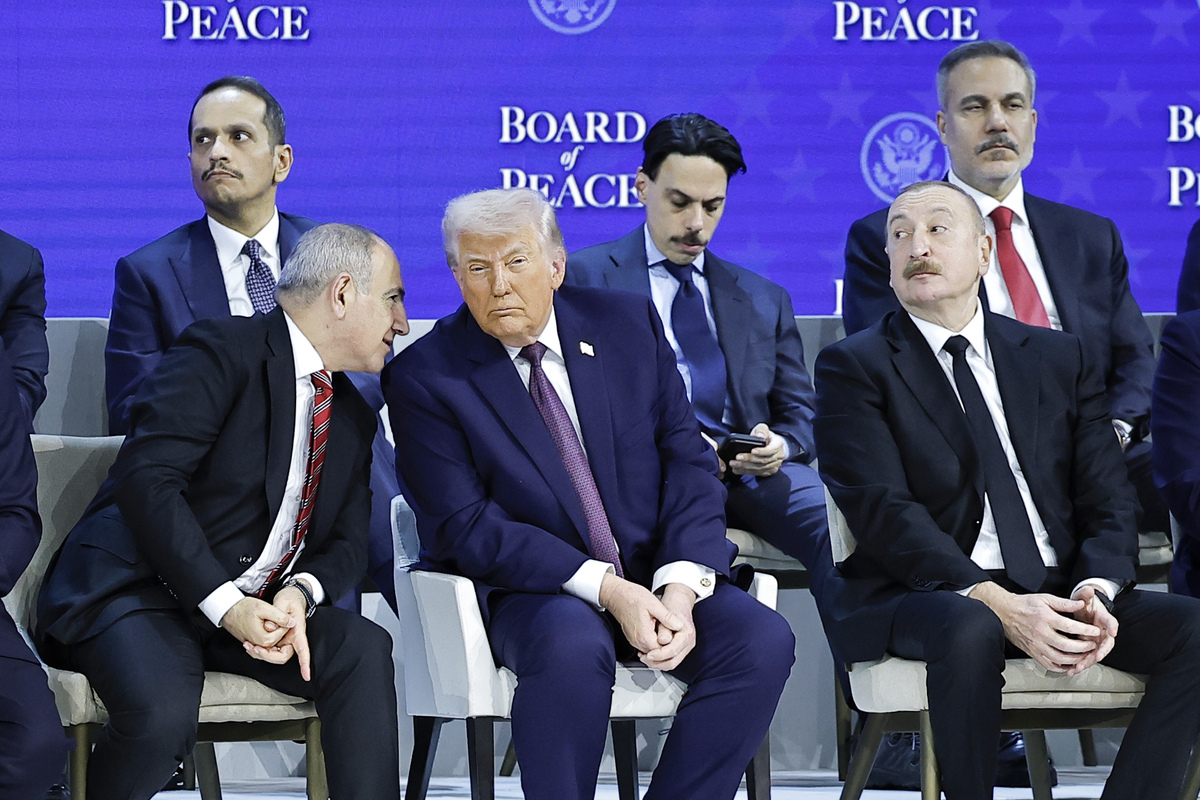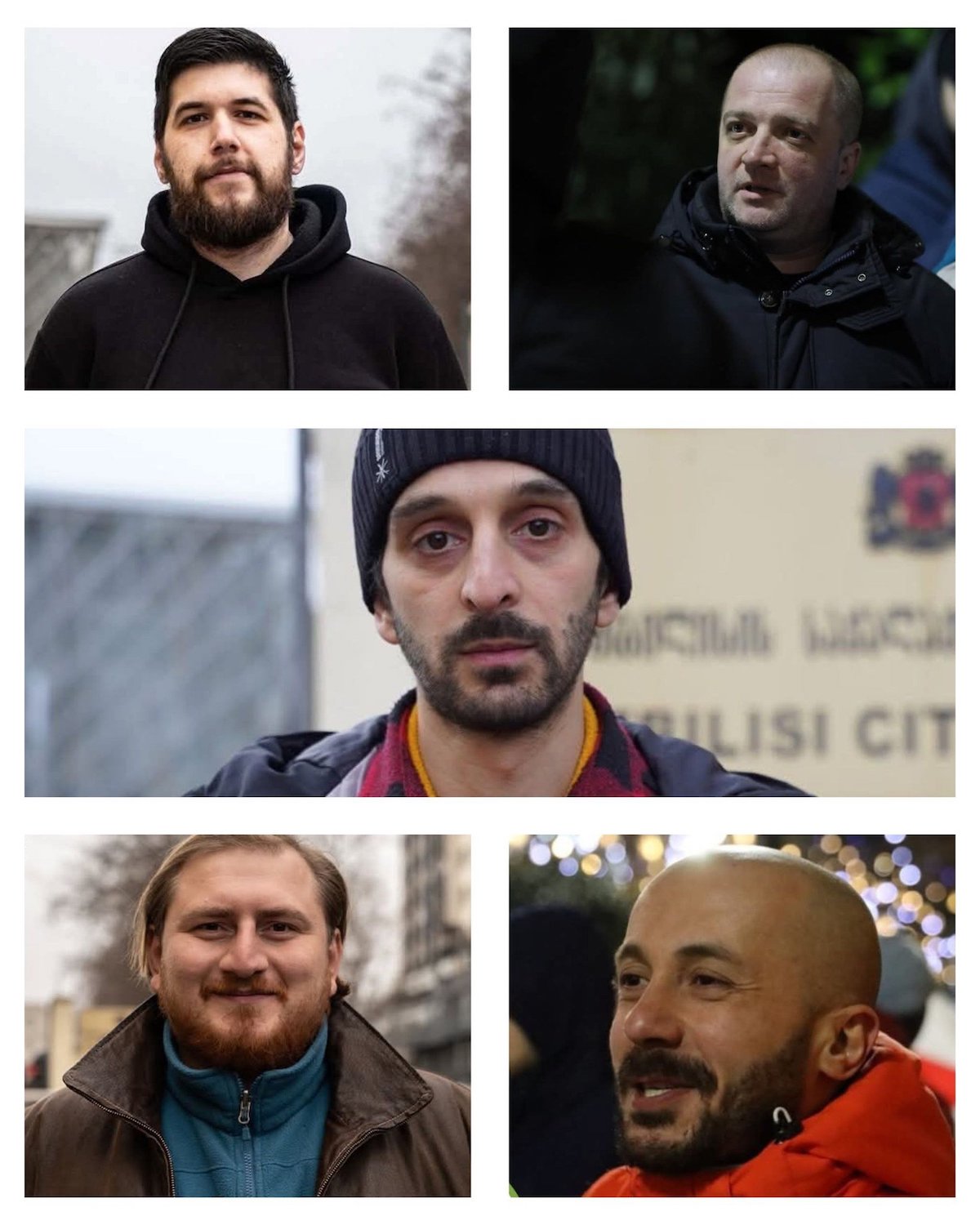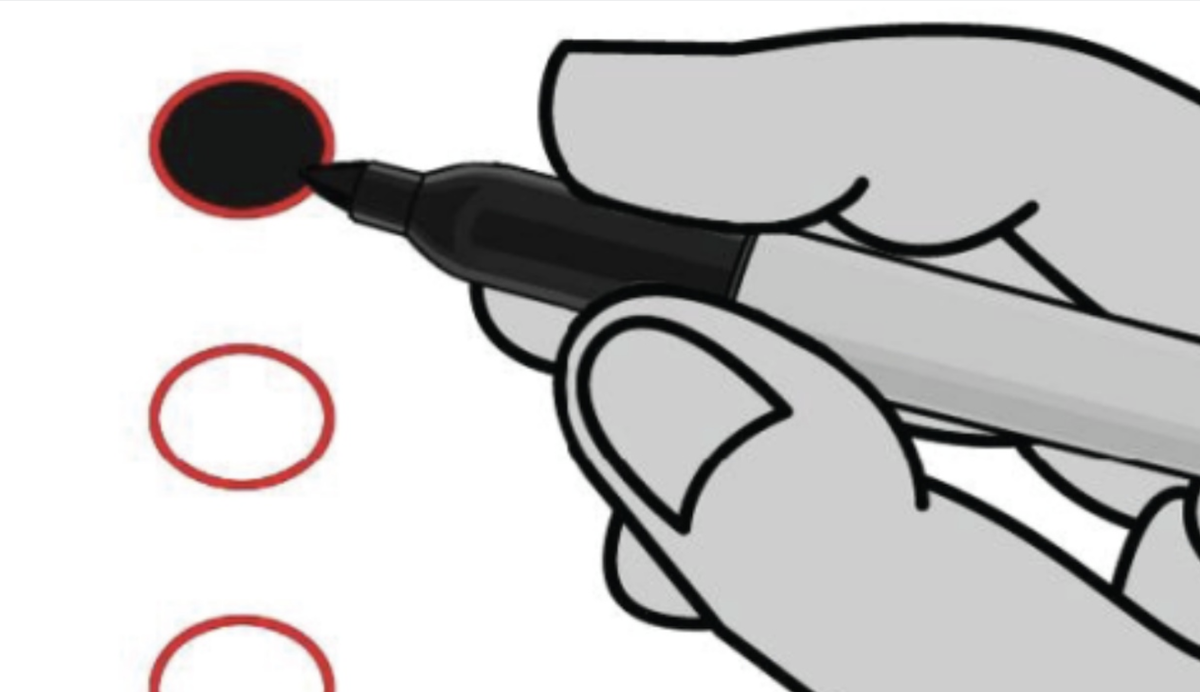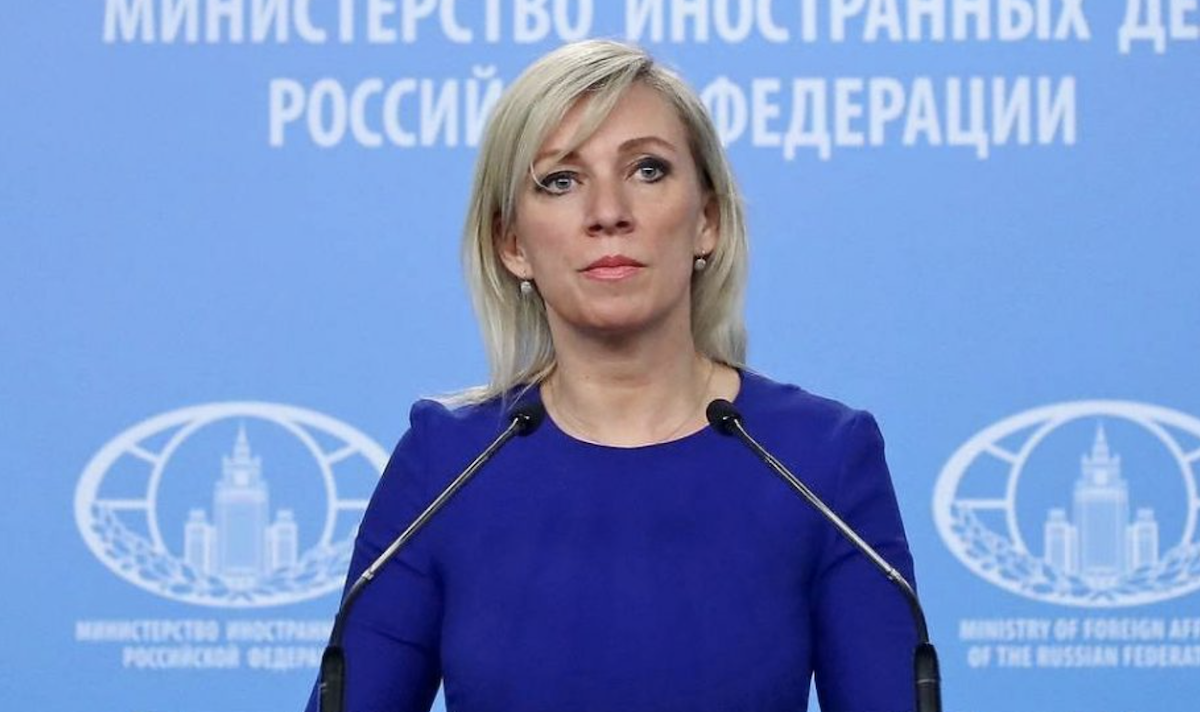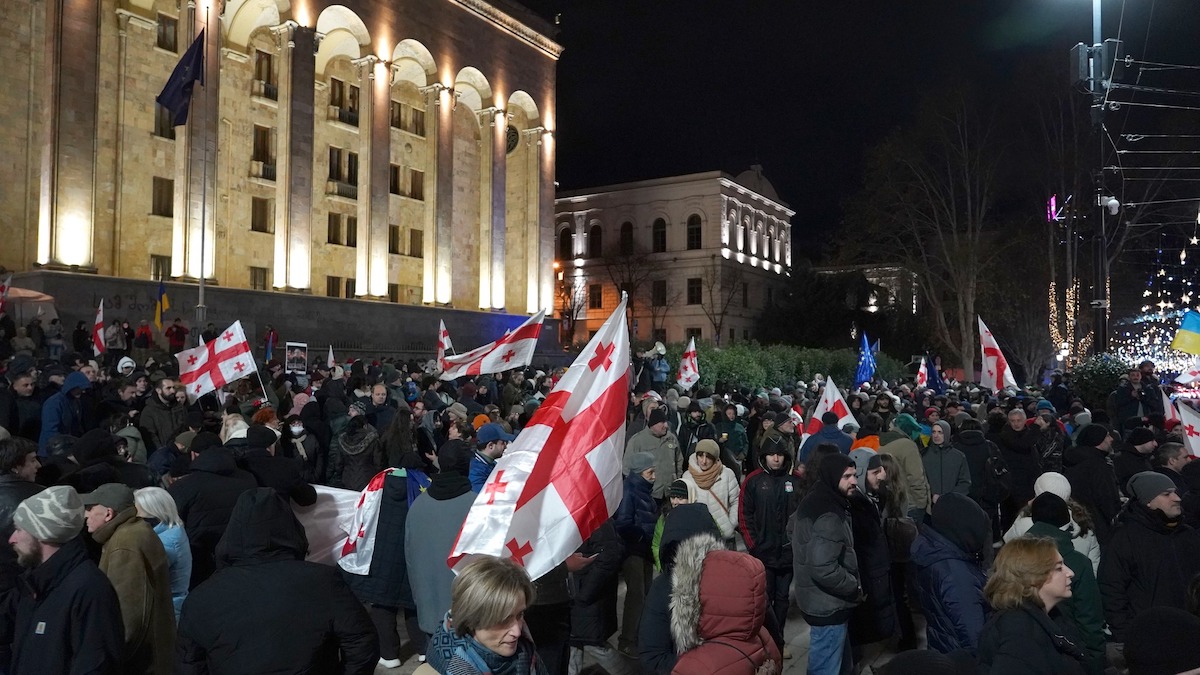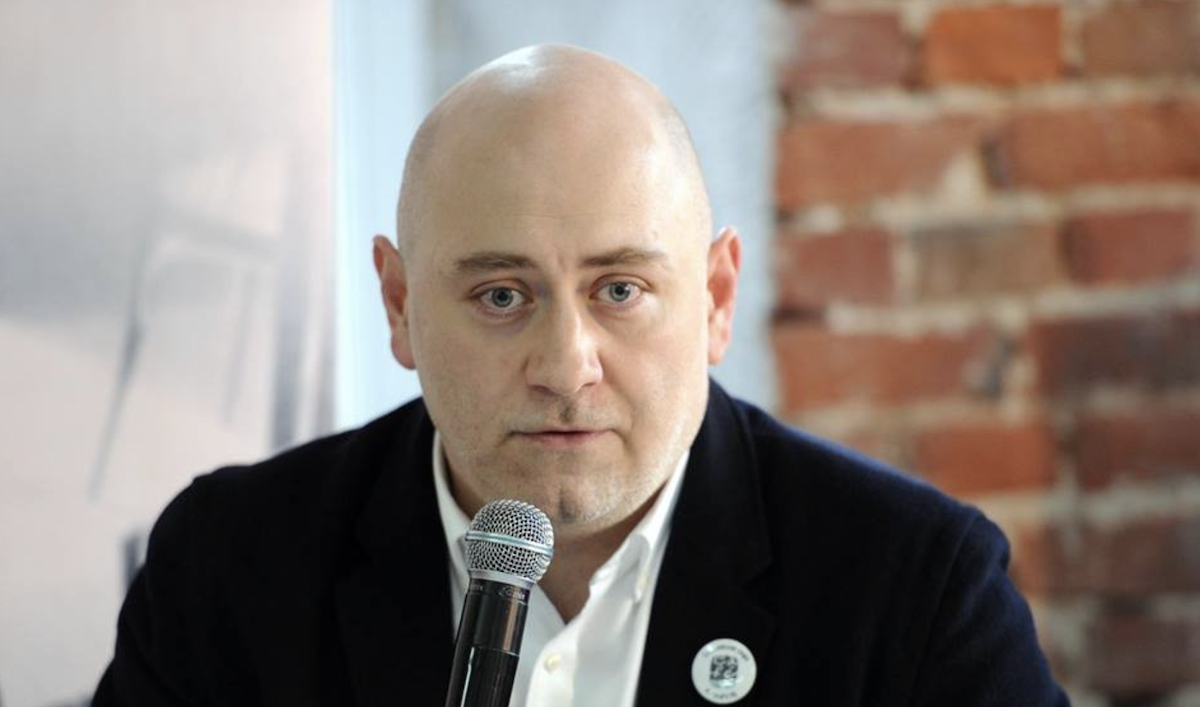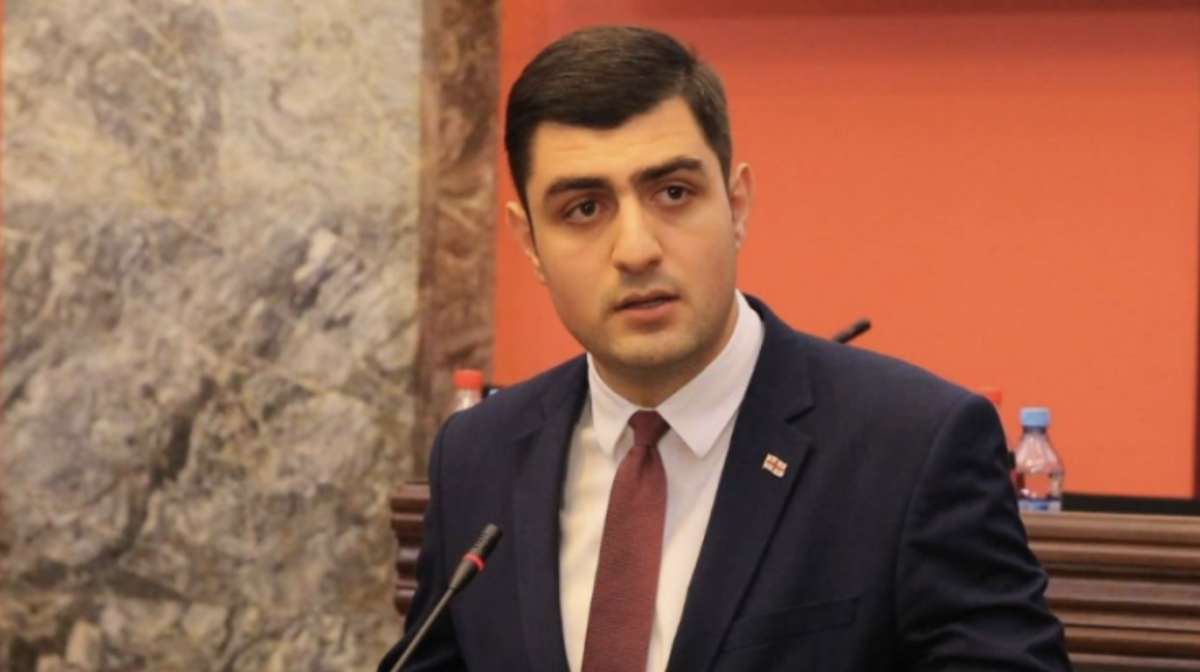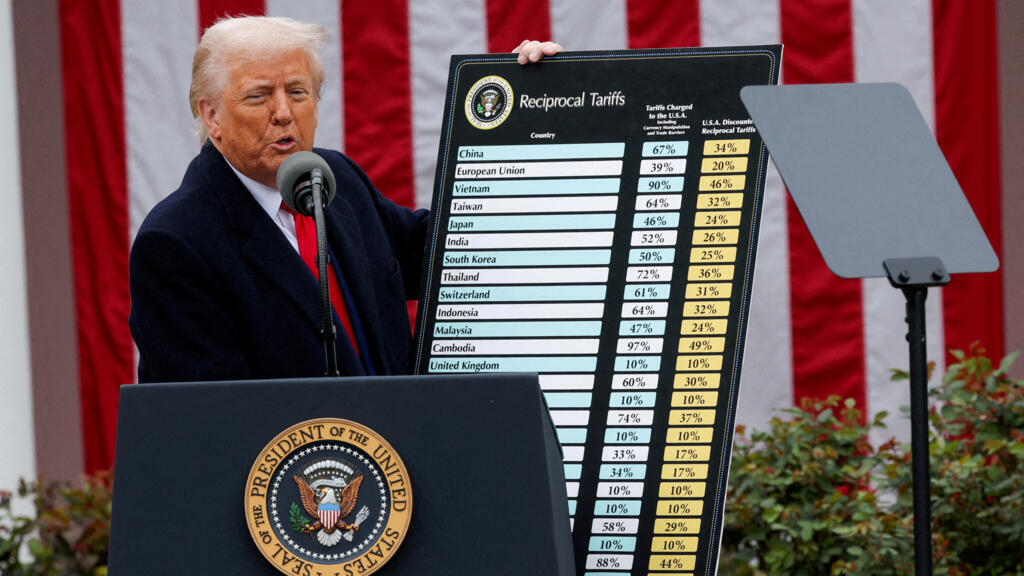All you need to know about Georgia’s parliamentary elections on Oct. 31
Parliamentary elections will be held in Georgia on October 31, when the country’s 10th convocation of the parliament will be selected.
Georgia is a parliamentary republic, which means that whoever wins this election will govern the country for the next four years.
These elections are particularly important. Here’s why:
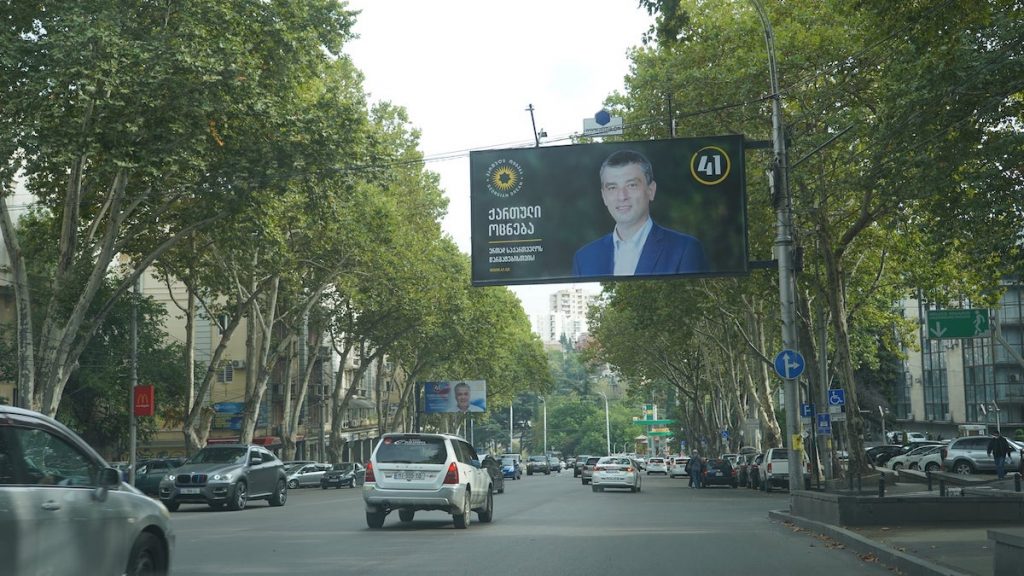
1. If the Georgian Dream party, which has governeed the country for the past eight years, has a convincing victory on October 31, it will become the first ruling party in Georgia to be elected for a third term.
2. However, at the same time, there is a high probability that no political force will be able to gain enough votes to form a government on its own, and therefore the formation of a coalition government consisting of representatives of various parties is likely. This has never happened before in Georgia.
3. In addition, this will be the first parliamentary elections in which a parliament will be elected in the country under a predominantly proportional system.
According to the constitutional amendment, 120 MPs in the 150-seat parliament will be elected proportionally, i.e. according to party lists, and only 30 – in single-mandate majoritarian constituencies. (Earlier, 77 MPs were elected by party lists, and 73 MPs – by majoritarian districts. Now, instead of 73, Georgia has 30 majoritarian districts).
4. Another important change is that the electoral barrier in these elections is one percent, that is, a party that receives one percent of voters’ support has a chance to get a seat in the parliament. This means that even small parties have a chance to get into the legislative body, and as a result, the country could end up with a much more diverse parliament than ever before.
•Elections on the horizon in Georgia, poll reveals voters main concerns
2012. Parliamentary election results: Georgian Dream – 54.97%, United National Movement (the party of President Mikheil Saakashvili) – 40.34%
2016. Parliamentary election results: Georgian Dream – 48.68%, United National Movement – 27.11%, Alliance of Patriots – 5.0%
2018. Presidential election results: Two rounds were required to elect the President. In the first round, candidate Salome Zurabishvili, supported by the Georgian Dream, gained 38.64% of the votes, while candidate from the opposition United National Movement – Grigol Vashadze – 37.74%. In the second round, Zurabishvili – 59.52%, Vashadze – 40.48%.
•Georgian CEC issues coronavirus safety procedures for voting in upcoming elections
Due to the coronavirus, thousands of citizens will not be able to vote in the elections.
The Central Election Commission will send portable ballot boxes to those infected with the coronavirus and self-isolating, but there were many bureaucratic obstacles to registering such voters, so many did not succeed. In addition, it was possible to register only until October 27, i.e. those diagnosed with the virus after that date will not be able to vote.
•Georgia: 1000s of coronavirus patients, people in self-isolation will be unable to vote
Who will have the right to form a government?
Under the new legislation, a government can be formed by a party that receives at least 40.5% of the vote in proportional elections. If the result of the party is less, it will not be able to form a government alone, even if it wins all the majoritarian districts.
However, 40.5% still does not mean a majority required to form a government. This is only 48 seats, and the approval of a government in a 150-member parliament requires the support of a majority of 76 seats. That is, a party that crosses the 40.5% threshold will need an additional 28 seats to form a government. It should either get 28 seats from the majoritarian districts, or think about a coalition with another party.
Blocks, parties, leaders and their electoral tactics
There are 48 political parties and two electoral blocs participating in the elections.
According to all polls, the ruling Georgian Dream party will receive the largest number of votes in proportional elections.
The pre-election strategy of the Georgian Dream, as in the previous elections, is based on opposing the oppositional United National Movement and its leader, former president Mikheil Saakashvili.
Just like in the previous elections, this time, a few days before the elections, the government started talking about the opposition preparing for an armed uprising.
•Presidential elections in Georgia: Why is the ruling party talking about civil war?
Bidzina Ivanishvili, the billionaire leader of the Georgian Dream and the country’s informal ruler, is not actively participating in the electoral process this time.
In the run-up to the elections, he attended several key events, such as the presentation of the top twenty of the party list, etc. Ivanishvili’s participation in the elections was also manifested by billboards with his image hung on the streets.
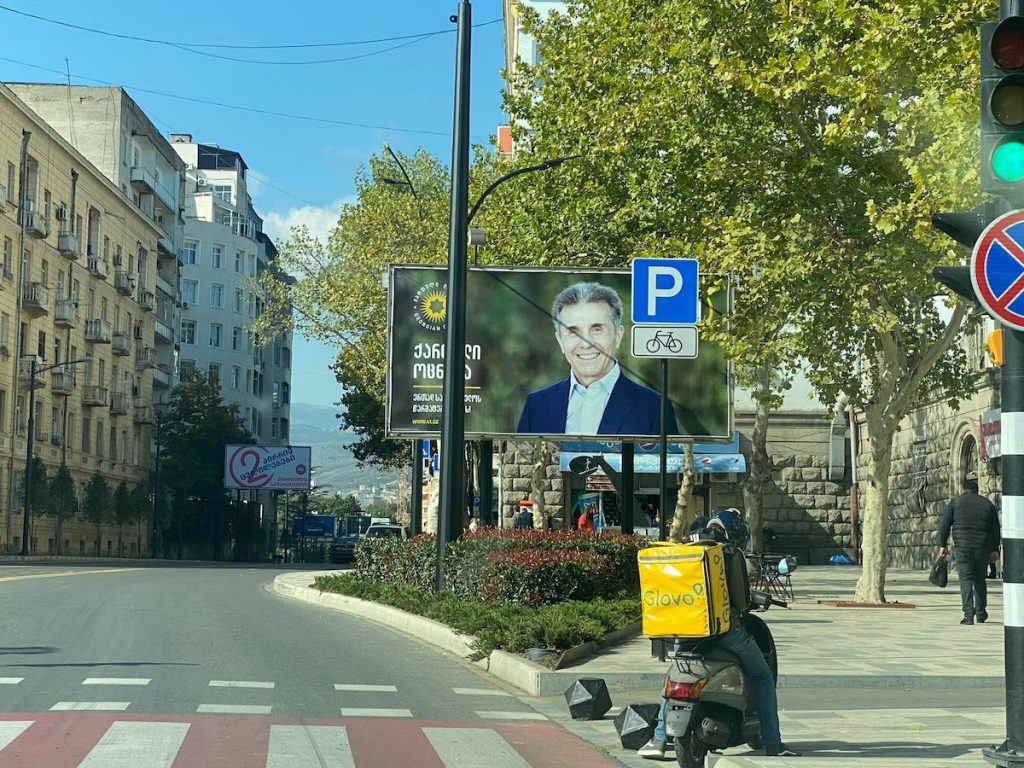
MP number one on the list of the Georgian Dream party is the current Prime Minister Giorgi Gakharia. The ruling team says that if he wins, he will remain the prime minister.
The ‘United National Movement – United Opposition’ electoral bloc ranks second in party ratings. The leader of this party is the third president of Georgia, Mikheil Saakashvili, who is currently in Ukraine, but remotely actively participates in the current political processes in Georgia. Saakashvili speaks on TV almost every day, he is active on Facebook. A few days before the elections, citizens received an SMS message on behalf of Saakashvili, in which he addresses employees of budgetary organizations and promises that he will not fire them if he wins.
Is the opposition united?
The opposition did not unite in these elections into one bloc and did not form an election coalition, although most of the opposition parties reached important agreements both on the electoral process and on actions to be taken in case of victory and the formation of a coalition government.
The so-called Oppositional Unity includes about thirty large and small parties: National Movement, European Georgia, Labor Party, Girchi, etc.
The opposition has reached several important agreements:
● The opposition has nominated common candidates in all majoritarian districts of Tbilisi.
● As for the regions – here each party has its own candidate, but they agreed to support each other in the second round. They signed a declaration confirming that they will defend each other’s votes in the elections.
● The opposition agreed to begin reorganizing the justice system in the event of coming to power, as well as to carry out economic reforms.
However, it is not that simple.
Should the issue of forming a coalition government arise, it will be difficult to come to an agreement. The first disagreements between the opposition parties have already emerged – that is the question of the candidate for prime minister.
The United National Movement presented Mikheil Saakashvili as a candidate for prime minister, which is unacceptable for many opposition parties, for example, for the party of his former adherents – European Georgia – and others.
The founder of the Strategy Agmashenebeli party, Giorgi Vashadze, also nominated himself for the prime minister.
Most parties consider it premature to talk about candidates for the post of head of government before the elections.
Are there any pro-Russian parties?
None of the 48 parties and 2 blocs participating in the elections openly says that Georgia should link its future with Russia and return to its orbit.
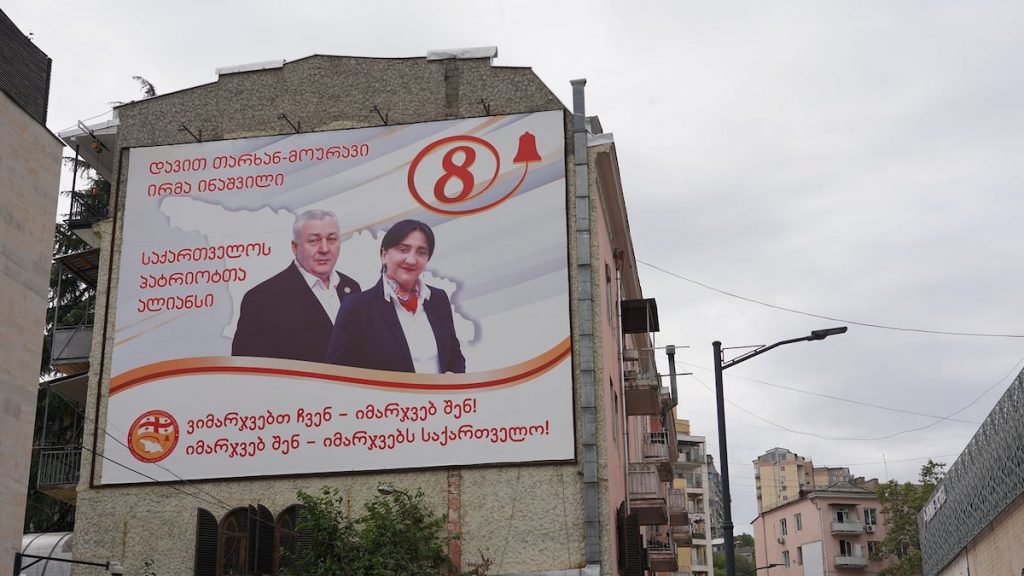
However, this does not mean that there are no pro-Russian forces in the country.
The Alliance of Patriots, headed by Irma Inashvili, is the most popular among the pro-Russian parties. According to various polls, this party has a rating of three to five percent.
This party does not participate in the opposition union and, as experts say, is a satellite of the government. And if the authorities need it, it will help in forming a coalition government.
Dossier, an investigative journalism platform founded by the leader of the Russian opposition, Mikhail Khodorkovsky, published documents claiming that the Alliance of Patriots is funded by Russia, and that its election campaign is planned by people connected with the Russian authorities who report to state structures.
This party stands out for its anti-Western and anti-Turkish pre-election rhetoric in order to divert attention from the Russian threat, experts say.
For example, one of the party’s election banners depicted a map of Georgia, on which the Adjara region was highlighted in the same color as Abkhazia and South Ossetia, which are considered to be occupied. The billboard featured three arrows pointing to Turkey, and the text urged citizens to “protect Adjara.”










